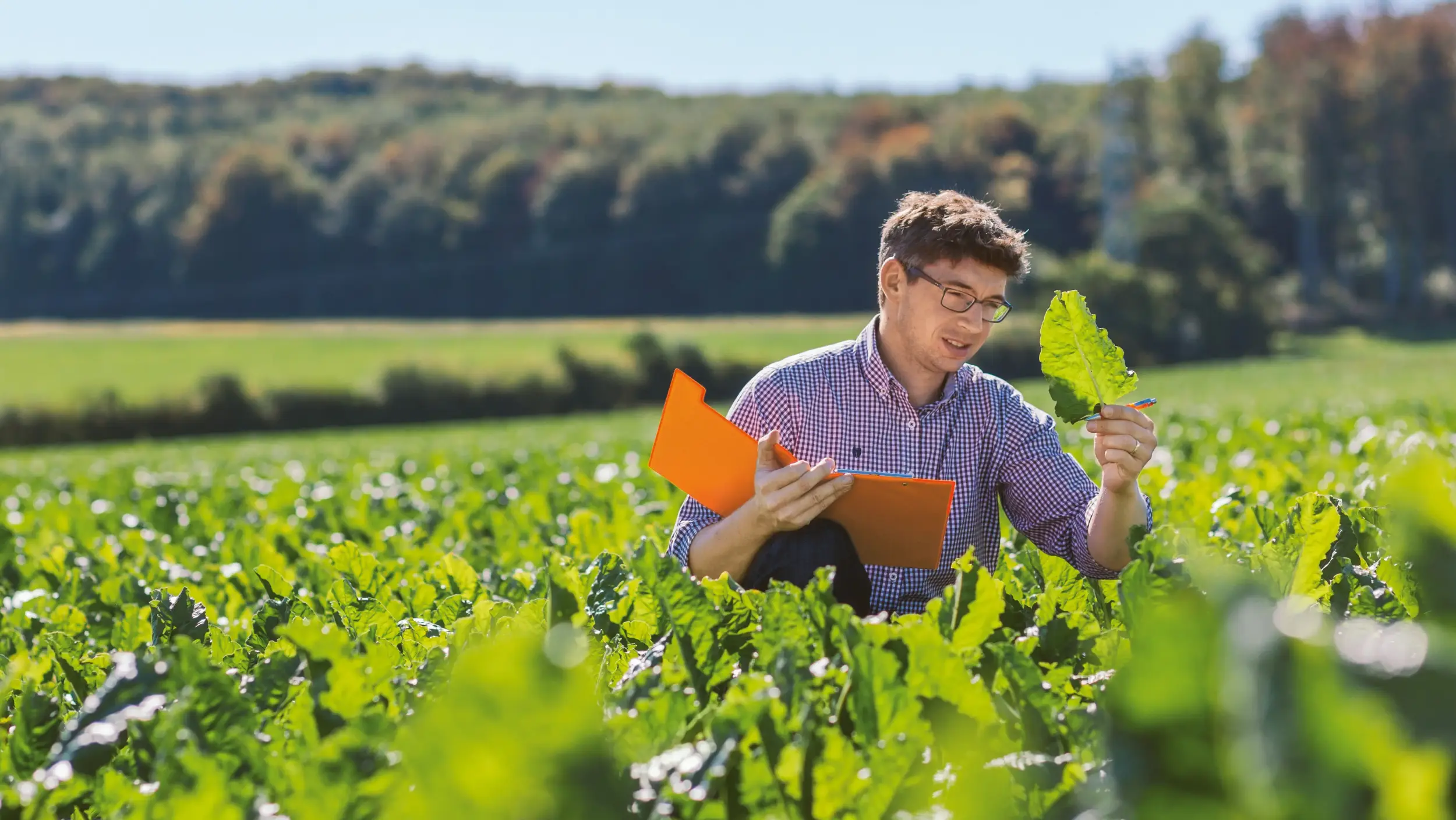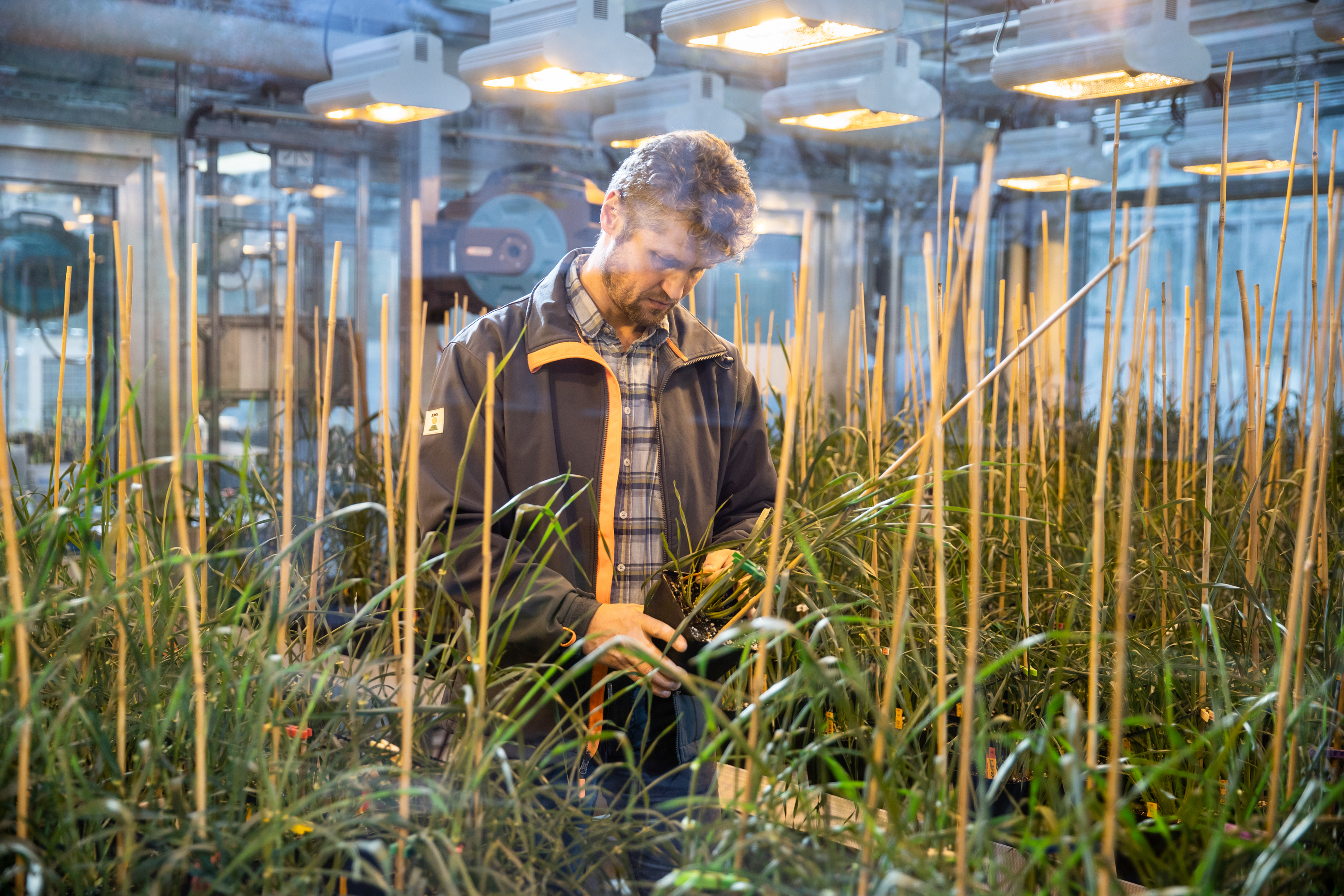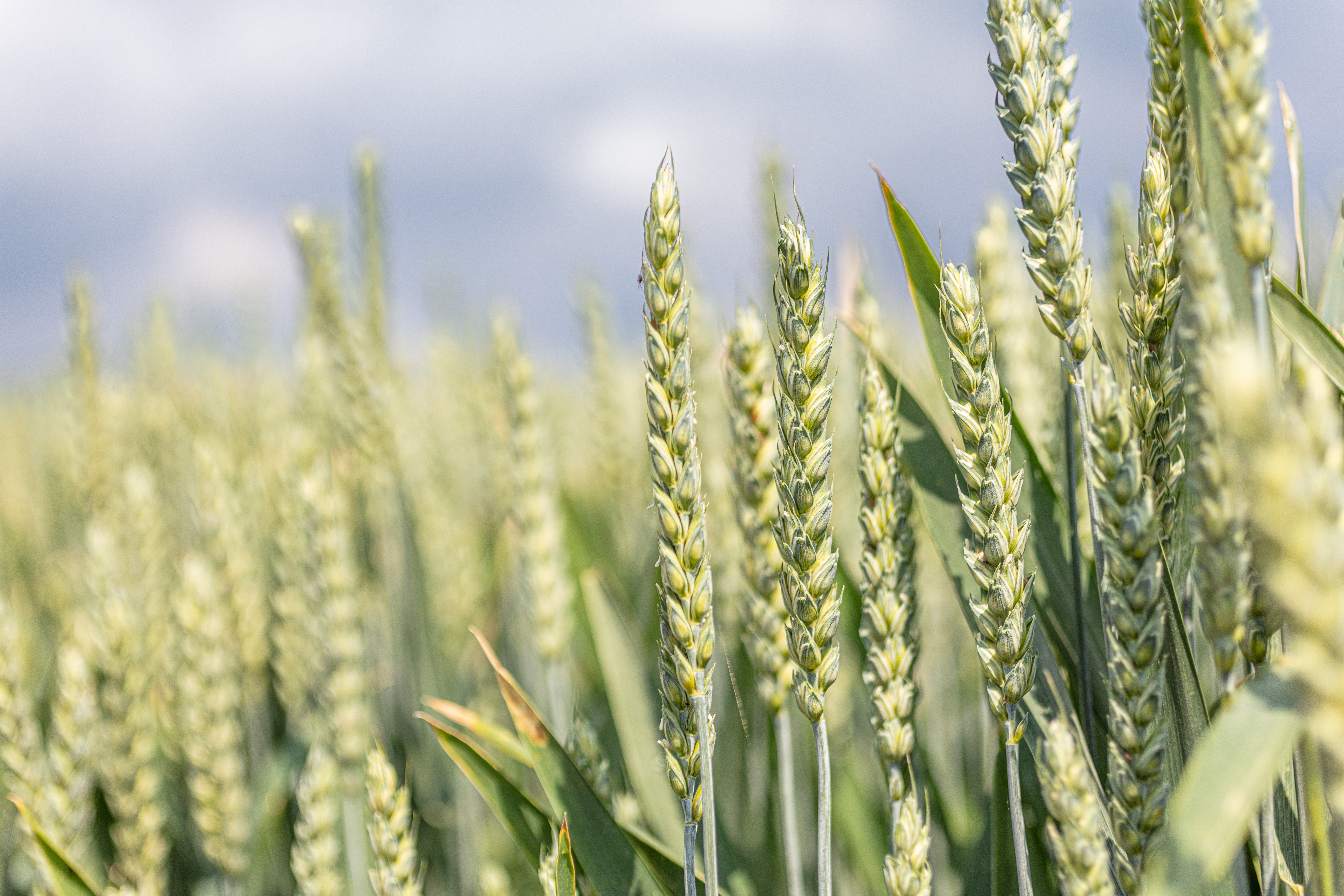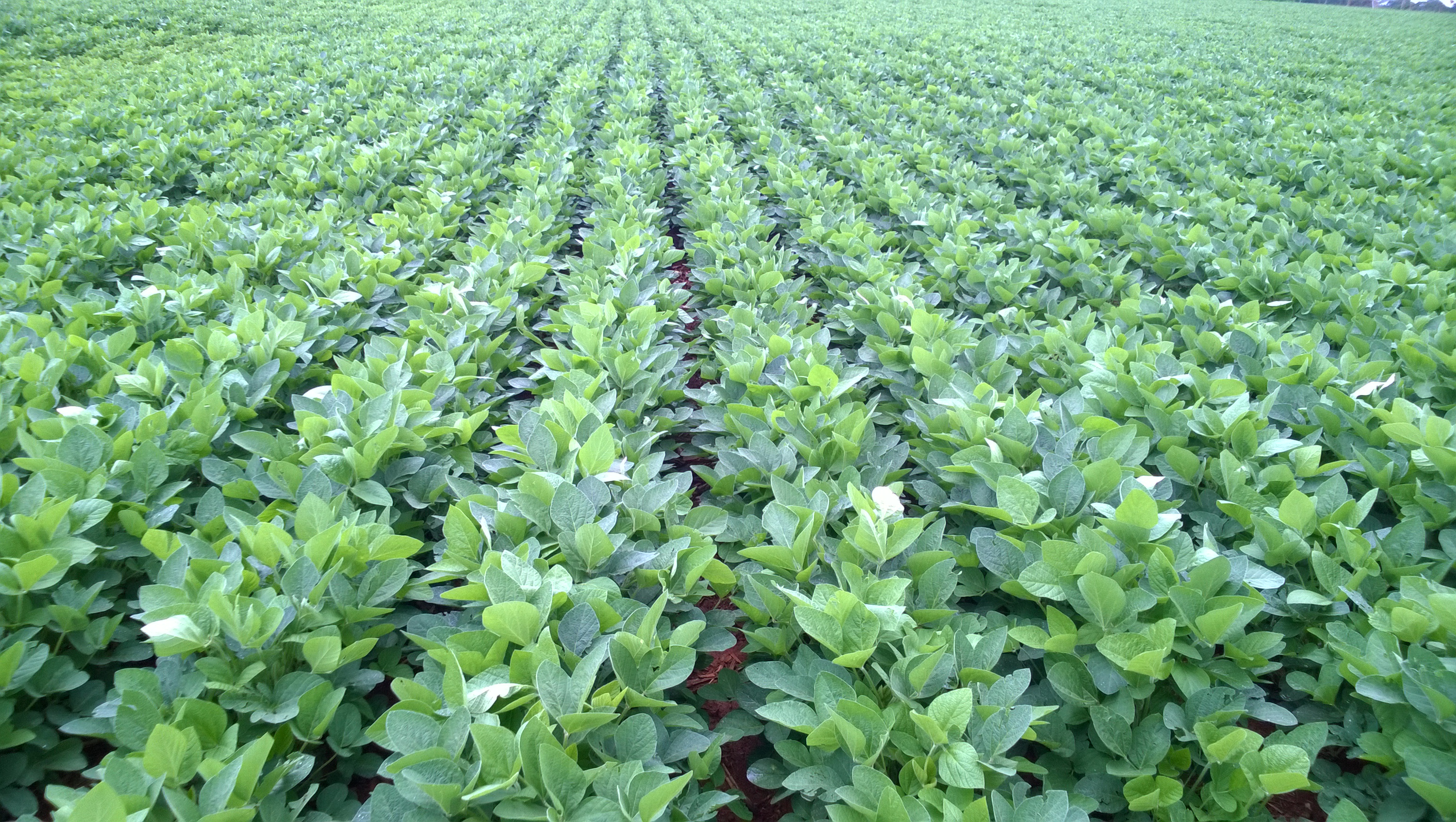-

Business areas
From development to distribution
KWS business units
Your boost. Your protection. Our technology.
KWS INITIO. The new, efficient seed treatment technology. KWS INITIO is the result of a mutually fertilizing symbiosis from our many years of research in plant genetics, experience in seed production and the use of state-of-the-art technologies.
Read More
Fields know many styles.
But only one Seed Partner.
As a Seed Partner, we support our farmers: with expert knowledge of seeds spanning the full range of crops and comprehensive advice. In partnership. With a focus on service. And looking to the future. This is how we enable efficient agriculture with lasting success.
Read More
World of Farming
Our Company. Our Contribution. Our Stories. Discover projects at KWS that shape the future of agriculture.
Read More
Seed from development, to breeding, to distribution
Our areas of activity
Production begins with sales and propagation planning. Within the planning process, the potential for growing each variety in the markets is estimated in order to determine seed production requirements. Planning starts up to three years before the seed is sold to farmers; plants need time to grow.
To ensure outstanding seed quality, it is important to observe high standards and market-specific requirements. These include, for example, spacing control between seed propagation areas of different crop varieties. Such minimum distances are intended to prevent the entry of undesirable varietal properties introduced by the pollen of other seed producing stock. During the time on the field, specialists monitor the stock. Seed propagation is completed with the harvest.
Flowering is the centerpiece of breeding. It is here that the crossing process begins. Flowers must be pollinated to produce seed or fruit. Without pollination, there can be no fertilization, and also no seed. Pollination is essential for seed production.
The raw material is processed after harvest. It is then cleaned, carefully dried and sorted by size (calibrated). All processes are designed to treat the seed carefully, so that seedlings remain intact and optimal germination is ensured.
Technical processes are based on the nature and size of the seed of different crops. Corn is harvested as cobs and only removed from the cob after drying. The unusually shaped sugarbeet seed, on the other hand, still needs polishing and pelleting before the final seed is produced, where the final seed supports precision planting.
Throughout the seed propagation process, each lot is tested again and again. Reviews are carried out to determine whether the seed actually has all the quality features and characteristics, such as disease resistance and high quality genetic traits. Germination and plant viability are also determined. Only when the seed has been tested and retested, and has passed all of the testing protocol, is it packaged, shipped and released for sale. In this way, farmers are guaranteed to receive seed of the highest quality.
Seed production is primarily organized by the breeders. Depending on the crop type, seed production may happen in cooperation with several agricultural partners and processing plants. After a range of official and quality tests and audits, the seed is then ready for sale. Packaging and certification in Germany for example, takes place under regulatory control. This ensures that only certified seed with high germination and varietal purity reaches the market.
Discover more
Your contact


















